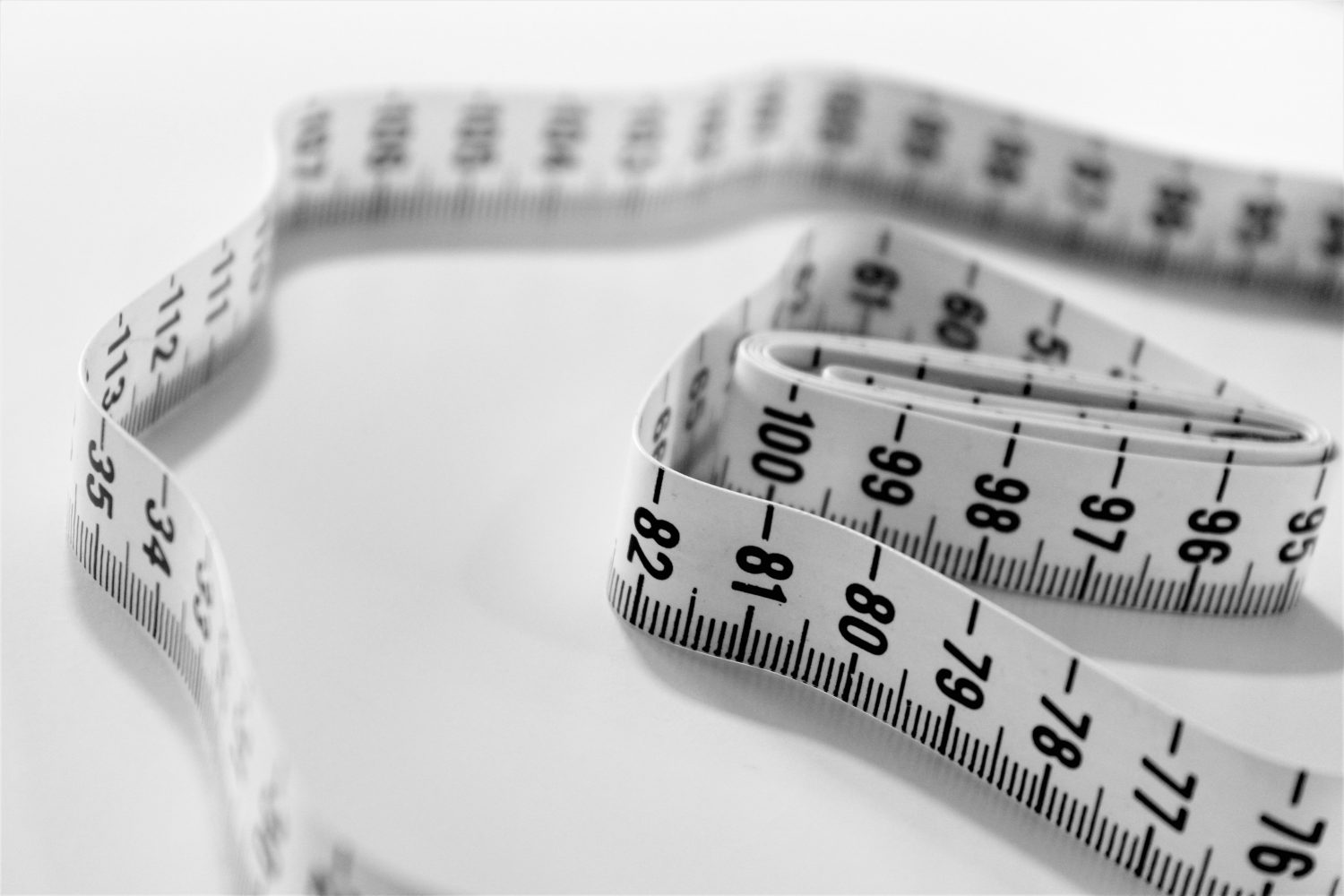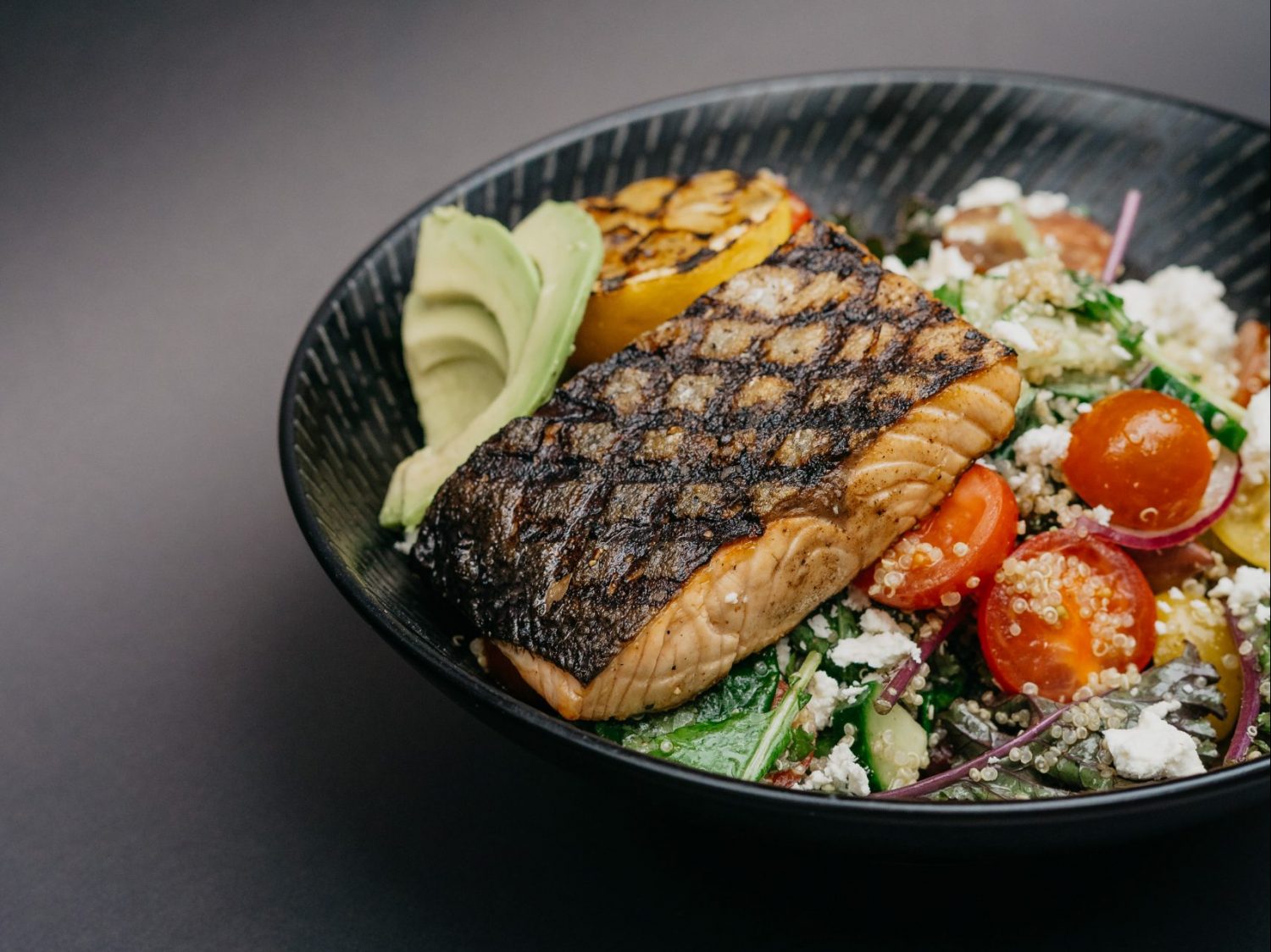It is unfortunate that the title contains the word diet! It makes it sound like dietitians are the food police.
Let me reassure you, what a dietitian does is understand the role and importance of nutrition and the impact that food has on disease-related conditions and health. They use medical nutrition therapy to treat a range of health conditions. Their job is to understand, how what you eat impacts our health and medical conditions. Using this knowledge to explain how certain foods may be impacting their health or contributing to certain symptoms. They work with patients and figure out their health goals, suggesting ways to improve their diet and supporting them to improve their health and well-being.
Medical Nutrition Therapy for:
- Anaemia (low iron) – improve the intake of iron-containing foods and foods that improve the absorption of iron
- Coeliac disease – which foods you can eat on a gluten-free diet and how to read food labels for hidden gluten
- Diverticular disease – foods to eat during a flare and reintroducing food after
- Food allergy – understanding food labels and improving confidence in eating
- Reflux – find trigger foods and strategies to reduce reflux
- IBS – identify foods that may be causing symptoms, balance fibre intake and fluid or low FODMAP diets
- Liver disease – diet to match the stage of disease and manage symptoms
- Heart failure – work on strategies to meet low salt diet and fluid restrictions
- Diabetes – how diet impacts blood glucose levels and how to improve BGL control and HbA1c
- High cholesterol – foods that impact cholesterol levels and foods to improve them
- High blood pressure – foods that impact blood pressure and foods to improve BP
- Mental illness – medications that impact nutrition and appetite, strategies to improve dietary patterns being mindful that poor mental health can reduce motivation and ability to buy and prepare food
- Unintentional weight loss – some conditions, mood or undergoing cancer treatment can cause weight loss without trying. Working on strategies to improve nutrition intake and prevent further weight loss.
- Kidney disease – foods to choose or avoid depending on the stage of renal disease
- Normalising relationships with food and improving dietary patterns through non-diet and intuitive eating



